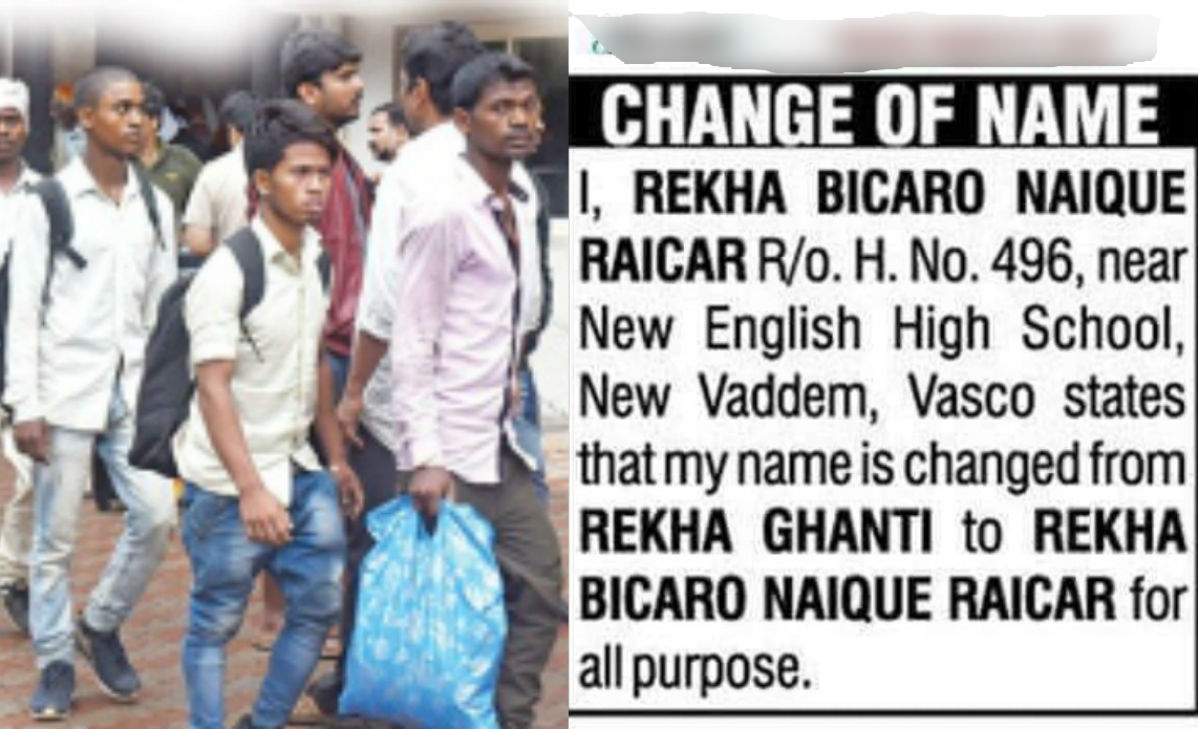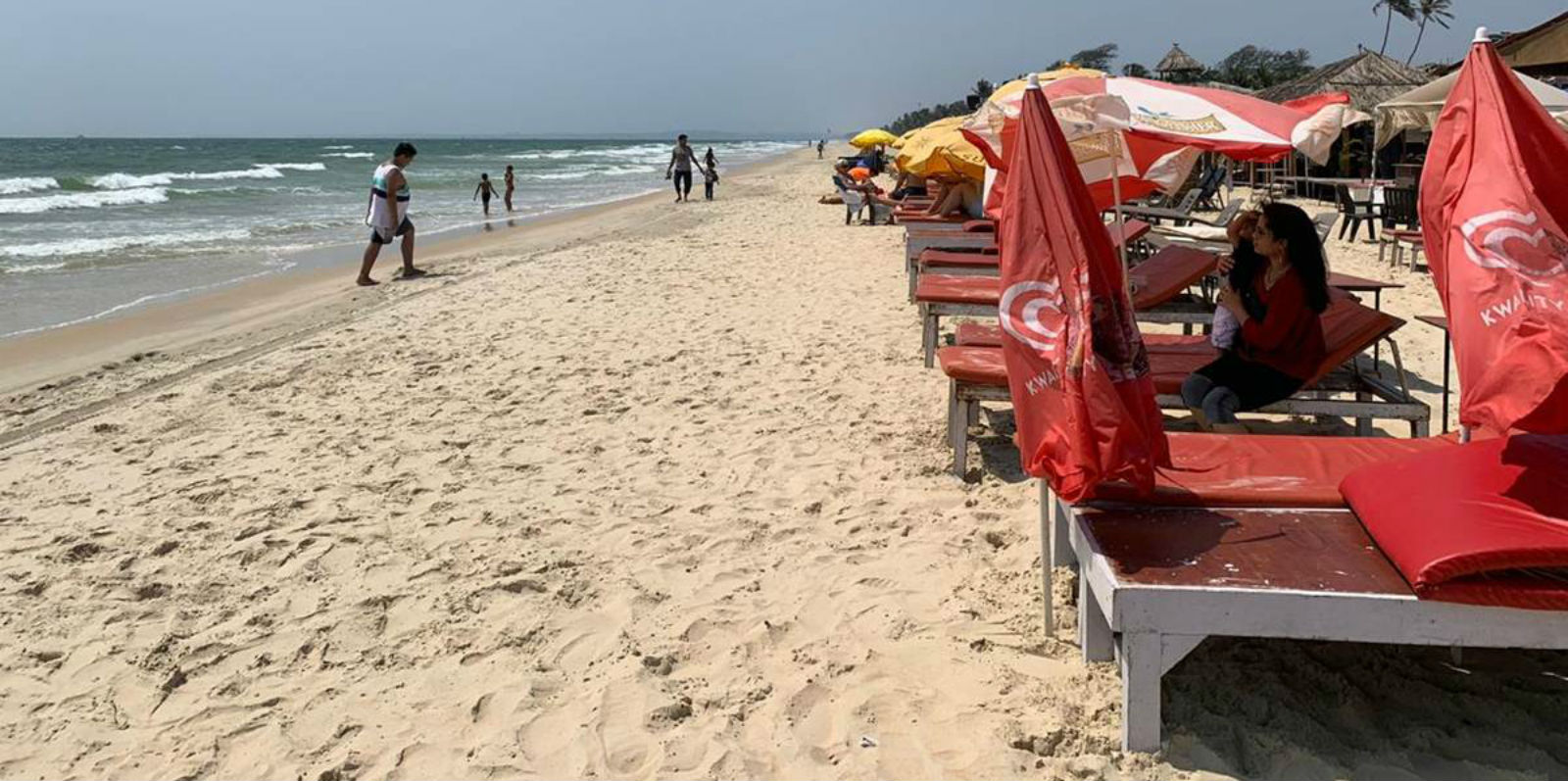Several cases of young adolescents eloping are reported every day. Yet the minor boy is often discriminated against as the offender and the girl as the victim. However, the President of the Goa Children’s Court points out that this is incorrect. Both should be treated equally.
Goa has the unique distinction of being the first state in the country to have been declared ‘child-friendly’ when it promulgated the Goa Children’s Act 2003(GCA-2003) and the first Goa State Commission for Children came into force in 2004. The Child is defined as a person in the 0 to 18 years age group.
However, when dealing with elopement cases, certain anomalies have been noticed. According to a Times of India report, The President of Goa Children’s Court, Vandana Tendulkar, while addressing a workshop on Child Rights, organized by the State Commission for Protection of Child Rights, appealed to police not to discriminate against minor boys and girls in cases where they elope together and have sexual relations.
According to the source, she described these cases as often one with a socio-psychological issue. “There is no act that says the boy should be discriminated against. One cannot take the statement of the girl and make the boy the accused. Why treat him differently. If you are making the boy a child in conflict with the law, then make the girl too,” she said while advising them to follow the legal route and treat both children within the framework. “The laws are gender neutral. The minor boy should not be treated as an offender and the girl as a victim,” she added.
Addressing the issue of victim compensation as well, the source reports, Tendulkar advised the police that based on the victim and situation of the victim’s family, they can recommend an interim compensation instead of waiting till the trial ends as the scheme has a limitation of 180 days.
To this effect, the commission has sent out a letter to the police stating that in genuine cases, irrespective of the stage of the case, can request for interim compensation.
“If the police feel it’s a fit case for interim compensation, they can bring it to the notice of the court, which is empowered to give interim compensation. If they wait for the charge-sheet to be brought before the Court then the 180-day period will lapse. It is, therefore, best if the police bring it to the notice of the court before the limiting period is over which commences from the date of reporting the offense.
Source: TOI | Goa | So Effin Cray



























